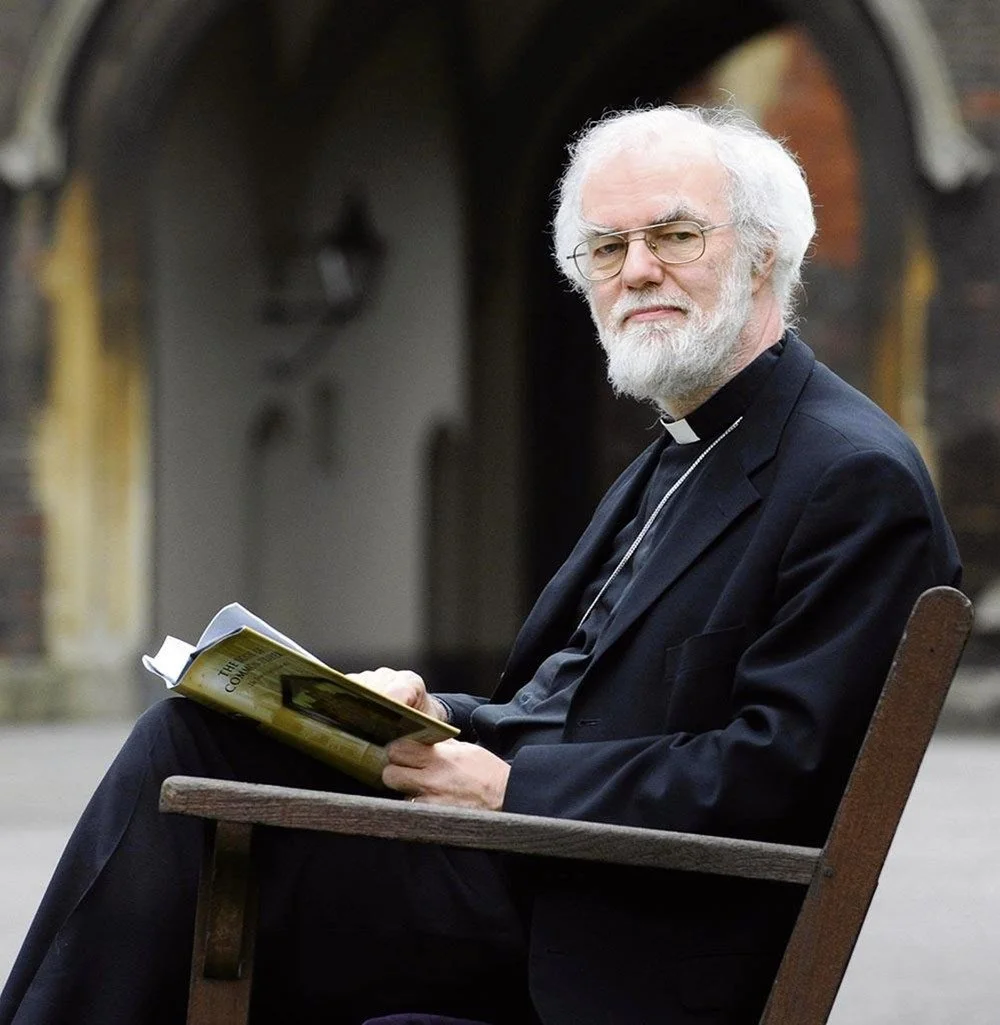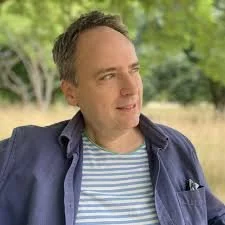Dialogue between:
Dr Rowan Williams, Alice Oswald, Dr Valentin Gerlier. Hosted by Alan Boldon
This dialogue explores how climate change features in the imagination and how we might imagine ways to address contemporary ecological and social challenges.
We will ask a number of questions: Is the climate crisis also an aesthetic crisis? Are we suffering from a scourge of literalism and technocratic idolatry? How might poetry, the imagination and myths help us make sense of our contemporary situation and challenges?
Please join us for this online conversation about the nature of the imagination and how we might engage imaginatively with the climate crisis. Much of our public discourse regarding climate focuses on technical descriptions of our situation but neglects to attend to the psychological, poetic and spiritual dimensions of global crises.
In his essay on Aesthetics and Politics James Hillman says that we are unlikely to be moved by statistics:
“The motivation must come from below the superego, from the id of desire. We must first be moved by beauty. For then love is aroused. When you love something, then you want it near, not to be harmed. What evokes love? As has been said in many places and felt by any one of us. It’s beauty. Beauty astounds and pulls the heart’s focus toward the object, out of ourselves, out of this human-centred insanity toward wanting to keep the cosmos there for another spring and another morning. This is the ecological emotion, and it is aesthetic and political at once.”
“One of the primary gifts of the imagination is justice. To imagine is to pay fair and inward attention to something else - a kind of ecology of the mind. Beauty, as a form of revelation, is essential but what it reveals is really the presence of other selves.”
Together we will open out ways to think and imagine into our contemporary challenges and will lay the ground for follow up online workshops and an in-person retreat.
About the Speakers
Rowan Williams is a Welsh Anglican bishop, theologian, and poet who served as the 104th Archbishop of Canterbury from 2002 to 2012. A leading intellectual in the Church of England, he is known for his deep theological insight, engagement with philosophy and literature, and commitment to social justice. Before becoming Archbishop, he was Bishop of Monmouth and Archbishop of Wales. After stepping down, he served as Master of Magdalene College, Cambridge. Williams has authored numerous books on theology, spirituality, and poetry, and remains an influential voice in public and religious life.
Alice Oswald is a distinguished British poet renowned for her innovative explorations of nature, mythology, and the human experience. Raised in Reading, Berkshire, she pursued Classics at New College, Oxford, before training as a gardener—an experience that deeply informs her poetic sensibility. Oswald's debut collection, The Thing in the Gap-Stone Stile (1996), garnered the Forward Poetry Prize for Best First Collection. Her subsequent work, Dart (2002), a polyphonic narrative tracing the River Dart, earned the T. S. Eliot Prize. Oswald served as the Oxford Professor of Poetry from 2019 to 2023 and was BBC Radio 4's Poet-in-Residence in 2017.
Dr. Valentin Gerlier teaches at Schumacher Wild and the Temenos Academy and is guest teacher and lecturer at numerous other institutions including the University of Notre Dame (London Gateway), the University of Cambridge, the Catholic Institute in Toulouse, France and the Institute of Critical and Creative Writing, Birmingham City University. His forthcoming monograph is entitled Heaven’s Wildflowers: A Blakean Theory of Nature, Culture and Imagination (2026).
Alan Boldon is an adviser at the Centre for Climate Psychology, social entrepreneur, artist, curator, public speaker and writer. He has held leadership roles in Business, the arts, academia, and charities and is known for pioneering initiatives that bridge the realms of education, culture, and sustainability. As a consultant he has advised senior teams in organisations, including many Universities, all around the world. In his most recent venture as founder and Director of Weave he is creating an international network of bioregional learning labs exploring ways to engage with and solve complex challenges.





